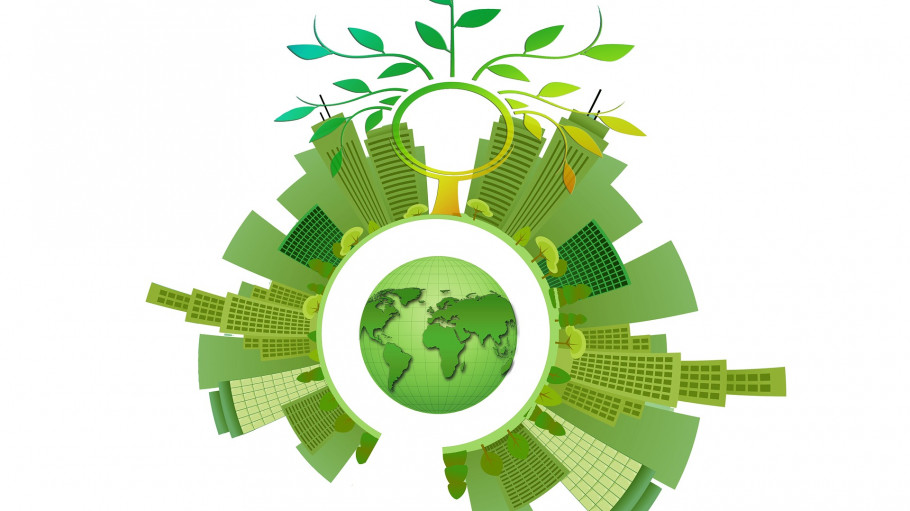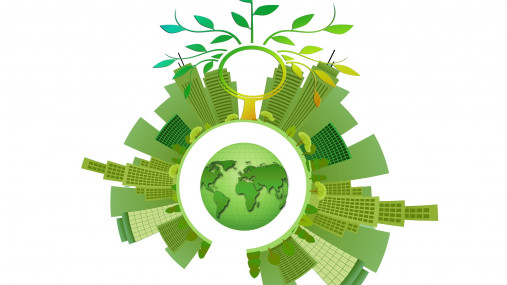
Press releases » EP vote very disappointing, not good for climate nor for industry, says EUROFER
EP vote very disappointing, not good for climate nor for industry, says EUROFER
Downloads and links
Recent updates

Brussels, 08 June 2022 – Today’s outcome of the European Parliament’s vote on the ETS and CBAM is very disappointing, as it delays a much-needed revision of the current proposals. The rejection of the report is neither good for the climate nor for industry’s green transition.
The majority of members of the Parliament had adopted amendments which supported the transition of the steel industry over the next years. In this way, 30,000 jobs at risk could have been saved by keeping European steel competitive while decarbonising. “We hope that the negotiations will soon be resumed among MEPs and that a solution addressing our concerns will be found, helping us to decarbonise in a sustainable manner and secure that the Carbon Border Adjustment Measure prevents effectively carbon leakage, including for exports”, said Axel Eggert, Director General of the European Steel Association (EUROFER).
The steel industry reiterates its strong commitment to the green transition, with ambitious plans for cutting emissions by 55% by 2030 and reaching climate neutrality by 2050. Those plans are very concrete: there are 60 low carbon steel projects in the pipeline across the EU, with detailed names, locations, technology used, capital investment, operational costs and energy needs. They are ready to be deployed by 2030 with an abatement potential of over 80 million tonnes of CO2 per year. We invite EU policymakers to have a careful look at them here, on our low carbon projects map.
Contact
Lucia Sali, Spokesperson and Head of Communications, +32 2 738 79 35, (l.sali@eurofer.eu)
About the European Steel Association (EUROFER)
EUROFER AISBL is located in Brussels and was founded in 1976. It represents the entirety of steel production in the European Union. EUROFER members are steel companies and national steel federations throughout the EU. The major steel companies and national steel federation of Turkey and the United Kingdom are associate members.
The European Steel Association is recorded in the EU transparency register: 93038071152-83.
About the European steel industry
The European steel industry is a world leader in innovation and environmental sustainability. It has a turnover of around €125 billion and directly employs around 310,000 highly-skilled people, producing on average 153 million tonnes of steel per year. More than 500 steel production sites across 22 EU Member States provide direct and indirect employment to millions more European citizens. Closely integrated with Europe’s manufacturing and construction industries, steel is the backbone for development, growth and employment in Europe.
Steel is the most versatile industrial material in the world. The thousands of different grades and types of steel developed by the industry make the modern world possible. Steel is 100% recyclable and therefore is a fundamental part of the circular economy. As a basic engineering material, steel is also an essential factor in the development and deployment of innovative, CO2-mitigating technologies, improving resource efficiency and fostering sustainable development in Europe.

Download files or visit links related to this content
Strasbourg, 17 December 2025 – The European Commission’s latest proposals on the Carbon Border Adjustment Mechanism (CBAM), unveiled today, correctly identify several loopholes that risk undermining its effectiveness, notably regarding EU exports, downstream sectors and circumvention practices. However, despite these laudable efforts, the measures put forward fail to deliver a comprehensive and durable response to carbon and jobs leakage, warns the European Steel Association (EUROFER).
A milestone occasion to quickly and effectively restore affordable electricity, to relaunch the
decarbonization and strengthen the international competitiveness of the European steel
industry.
Brussels, 02 December 2025 – Unchanged negative conditions – U.S. tariffs and trade disruptions, economic and geopolitical tensions, protracted weak demand and still high energy prices – continue to weigh on the European steel market. EUROFER’s latest Economic and Steel Market Outlook confirms for 2025 another recession in both apparent steel consumption (-0.2%, unchanged) and steel-using sectors (-0.5%, revised from -0.7%). A potential recovery is expected only in 2026 for the Steel Weighted Industrial Production index (SWIP) (+1.8%, stable) and for apparent steel consumption (+3%, slightly revised from +3.1%) – although consumption volumes would still remain well below pre-pandemic levels. Steel imports retained historically high shares (27%), while exports plummeted (-9%) in the first eight months of 2025.